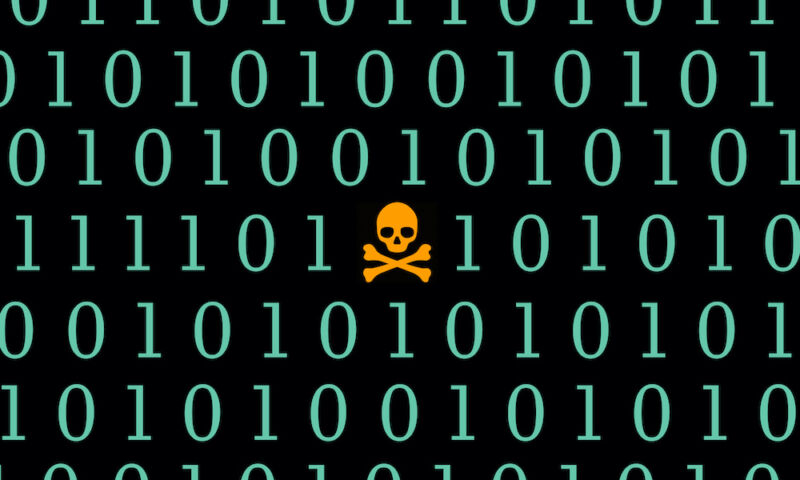
reader comments
17 with 15 posters participating
The official software repository for the Python language, Python Package Index (PyPI), has been targeted in a complex supply chain attack that appears to have successfully poisoned at least two legitimate projects with credential-stealing malware, researchers said on Thursday.
PyPI officials said last week that project contributors were under a phishing attack that attempted to trick them into divulging their account login credentials. When successful, the phishers used the compromised credentials to publish malware that posed as the latest release for legitimate projects associated with the account. PyPI quickly took down the compromised updates and urged all contributors to use phishing-resistant forms of two-factor authentication to protect their accounts better.
Today we received reports of a phishing campaign targeting PyPI users. This is the first known phishing attack against PyPI.
We’re publishing the details here to raise awareness of what is likely an ongoing threat.
— Python Package Index (@pypi) August 24, 2022
On Thursday, researchers from security firms SentinelOne and Checkmarx said that the supply chain attacks were part of a larger campaign by a group that has been active since at least late last year to spread credential-stealing malware the researchers are dubbing JuiceStealer. Initially, JuiceStealer was spread through a technique known as typosquatting, in which the threat actors seeded PyPI with hundreds of packages that closely resembled the names of well-established ones, in the hopes that some users would accidentally install them.
post. “The escalation in complexity in the attack on PyPI contributors, involving a targeted phishing campaign, hundreds of typosquatted packages and account takeovers of trusted developers, indicates that the threat actor has time and resources at their disposal.”
PyPI has begun offering contributors free hardware-based keys for use in providing a second, unphishable factor of authentication. All contributors should switch to this stronger form of 2FA immediately. People downloading packages from PyPI—or any other open source repository—should take extra care to ensure the software they’re downloading is legitimate.






